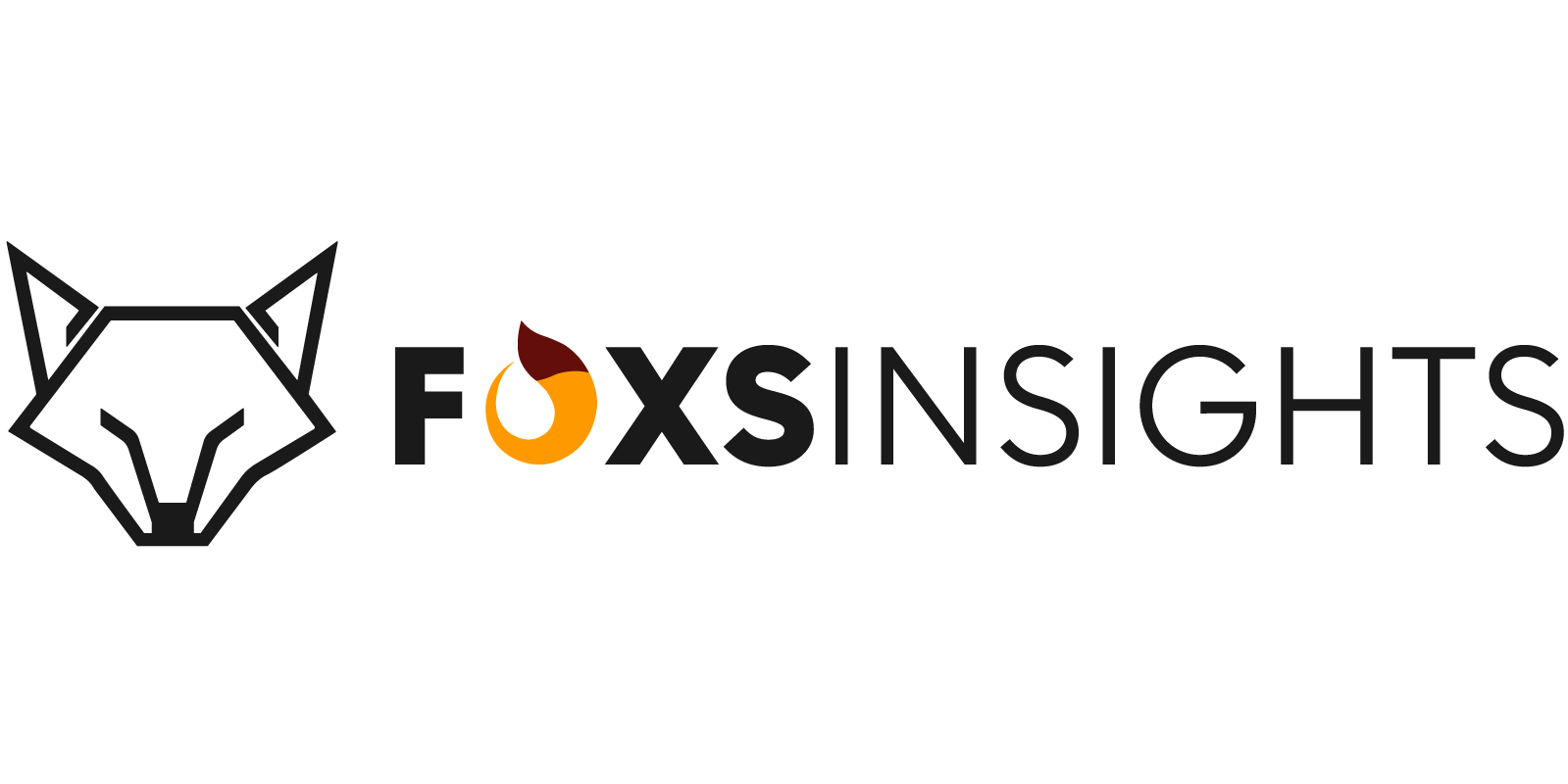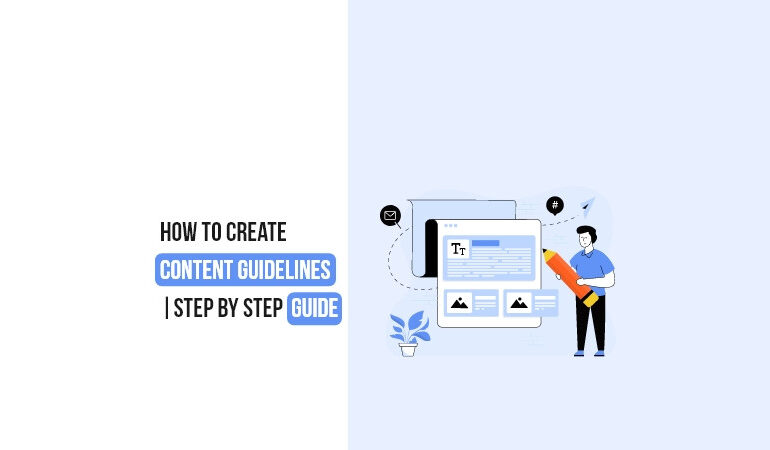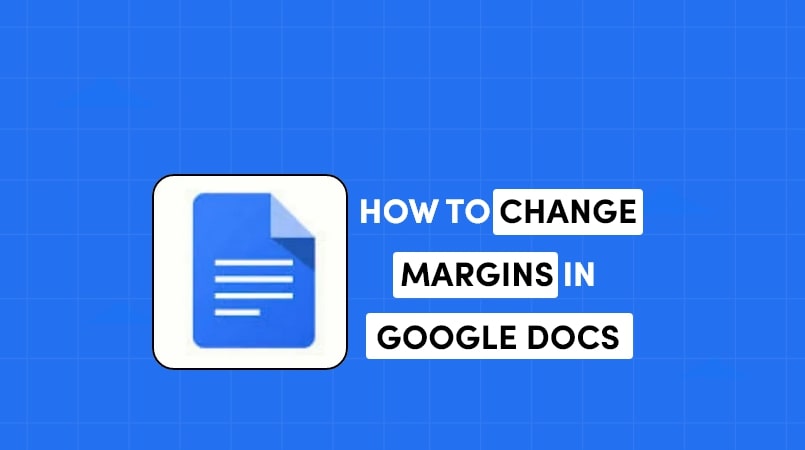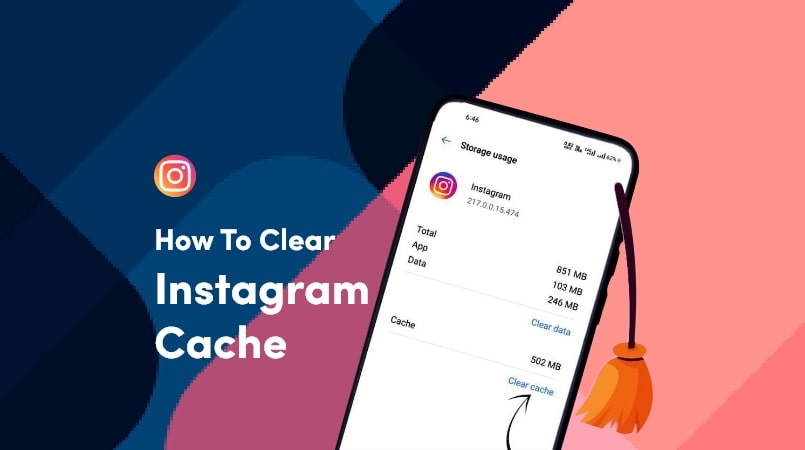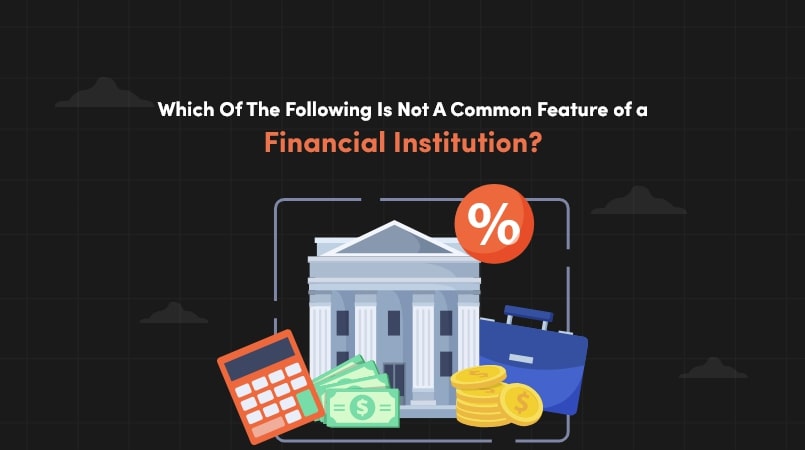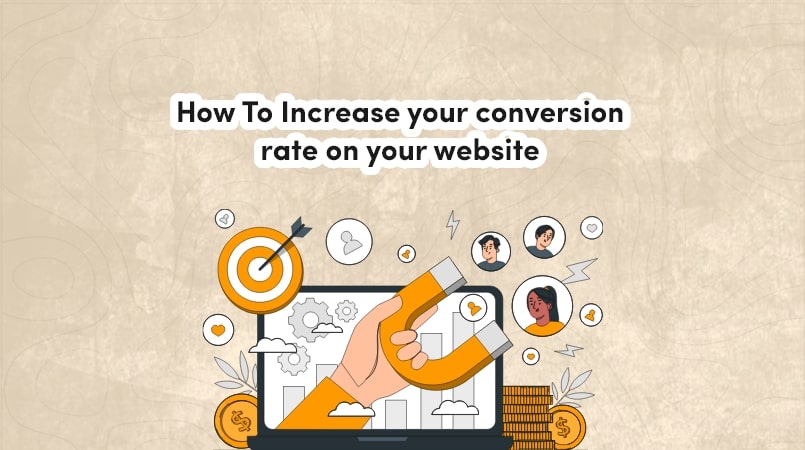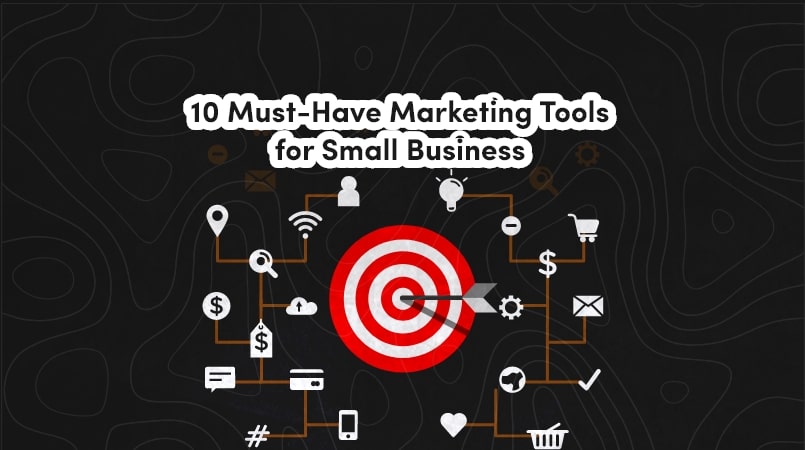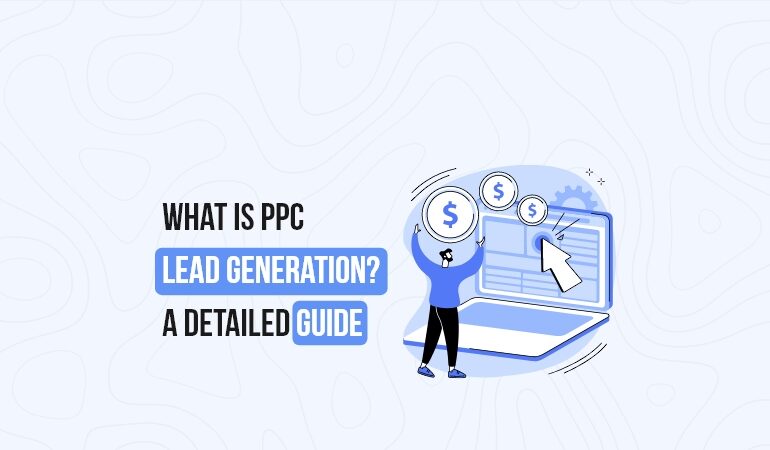
What Is PPC Lead Generation? A Detailed Guide
So you want to generate more leads for your business. You’ve heard about pay-per-click or PPC advertising and how it can drive targeted traffic to your website, but you’re not quite sure what it is or how it works. Don’t worry, we’ve got you covered. In this guide, we’re going to walk you through everything you need to know about PPC lead generation so you can start attracting high-quality leads right away.
What Is PPC Lead Generation?
PPC lead generation is the process of generating leads through pay-per-click (PPC) advertising.
PPC ads are the sponsored results you see at the top of search engines like Google. When people click your ad, they become leads. As an advertiser, you pay the search engine a small fee each time someone clicks your ad.
The goal of PPC lead generation is to drive targeted traffic to your website so you can capture leads. You want to show your PPC ads to people actively searching for products or services like yours. When they click and land on your site, you capture their contact information in exchange for something of value like an ebook, coupon, or newsletter.
To get started with PPC lead generation, choose a search engine like Google Ads or Bing Ads and set up an advertising account. Then, build your PPC campaigns by choosing keywords, writing compelling ads, setting a budget, and bidding on keywords. Focus on highly relevant search terms so your ads appear for people actively looking to buy.
With time and testing, you’ll refine your PPC lead generation efforts into a lead-generating machine. And those leads will turn into sales, taking your business to the next level.
How PPC Lead Generation Works
PPC or pay-per-click lead generation involves using paid online ads to attract potential customers to your business. The goal is to get people to click your ad, visit your website, and ideally, convert into leads by providing their contact information.
How It Works
PPC lead generation campaigns allow you to show targeted ads to people searching for keywords related to your business. When someone clicks your ad, they are taken directly to your website. From there, you need to capture their information by offering something of value like:
- A free guide, checklist or resource
- A product demo or free trial
- A newsletter sign-up
- A contest or giveaway
The key is to get visitors engaging with your content and exchanging their contact details for something that interests them. You are then able to nurture those leads through email marketing and sales follow-up.
PPC also allows you to set a maximum cost-per-click (CPC) bid for your ads so you can control your budget. You only pay when someone actually clicks your ad. The higher your bid, the more prominently your ad is displayed. But you need to make sure your conversion rates and ROI can support your CPC bids.
When done right, PPC lead generation can be an effective way to gain exposure, drive targeted traffic to your site, and generate high-quality sales leads. The key is finding the right balance between your ad spend, CPC bids, and conversion rates to yield a positive return on your investment. With regular optimization and testing, your PPC campaigns can become an important source for new leads and customers.
The Benefits of Using PPC for Lead Generation
Using pay-per-click (PPC) advertising for lead generation has many advantages. PPC allows you to get your message in front of the right people at the right time. You’re able to target potential customers based on their interests and behaviours. This means your ads are more likely to resonate with them.
When done well, PPC lead gen campaigns can drive a high volume of quality leads. The leads you generate are people who have shown interest in your product or service by clicking your ad. They’ve essentially raised their hand and identified themselves as potential customers. All you have to do now is nurture the relationship.
PPC also gives you a high level of control and flexibility. You can make changes to your ads and target audiences on the fly to optimize your results. See an ad or landing page isn’t performing well? Simply pause it and make some tweaks. Want to target a new customer segment? Easily add them to your campaign.
Using PPC for lead generation is a fast way to drive traffic and capture leads. You can launch a campaign and start seeing results, like clicks and lead form fills, within a few hours. This allows you to quickly test different messages and landing pages to find what resonates most with your target audiences. You can then scale up the winners.
One of the biggest benefits of PPC lead gen is that it’s highly measurable. You’ll know exactly how many people viewed and clicked your ads, how much you’re paying per click, how many leads you generated, the cost per lead, and your conversion rates. All of these metrics help you determine the effectiveness of your campaigns so you can make data-driven optimizations to improve results over time.
In summary, using PPC advertising for lead generation offers targeting, control, speed, measurability, and scalability. When done right, it can be an extremely effective way to drive high-quality leads and build your business. The key is starting with a solid PPC lead gen strategy, closely monitoring your metrics, and making ongoing optimizations to maximize your ROI.
Best Practices for PPC Lead Generation Campaigns
To generate leads through your PPC campaigns, follow these best practices:
Focus on relevant keywords
Choose keywords that your target audience is actually searching for. Do keyword research to find terms related to your product or service. The more specific the keyword, the more likely it will lead to a conversion. For example, “CRM software” is broad, while “Salesforce CRM solutions” is more targeted.
Optimize your ads
Your ads are the first thing people see, so make them compelling. Include an attention-grabbing headline, a clear call-to-action like “Sign Up Now” or “Learn More”, and highlight your key benefits. Place your keywords strategically in the headline and body copy. Test different ads to see which ones perform best.
Lead people to dedicated landing pages
Send traffic from your ads to custom landing pages focused on conversions. The page should discuss the offer in your ad, provide details about the product or service, build trust in your brand, and encourage people to take action. Offer a free trial or consultation to capture leads.
Set a reasonable budget
While you need to spend money to make money in PPC, set a budget you can afford based on your marketing goals. Start with a small daily budget of $20 to $50 per day for a few weeks to gather data. You can then adjust as needed to scale your campaigns while still generating qualified leads.
Optimize for conversions
Once your campaign is live, check your conversion rates to see how people are responding. Look for ways to improve the number of clicks on your ads and the percentage of visitors who submit a lead form. You may need to adjust your keywords, ads, landing pages or budget. Continually optimizing your PPC campaigns is key to success.
With the right approach, PPC can be an extremely effective channel for generating leads to grow your business. Focus on providing value to your potential customers, and the leads will follow.
Optimizing Your Landing Pages for PPC Lead Conversions
Optimizing your landing pages is key to converting PPC leads. A well-designed landing page helps guide your visitors to take action, whether that’s filling out a contact form or making a purchase. Here are some tips to optimize your landing pages for the best PPC lead conversions:
Focus on a single goal
Have one clear call-to-action for your visitors to complete. Don’t confuse them with too many options or links to click. Your CTA should match the ad that brought them to your page.
Include social proof
Feature testimonials, reviews, logos of companies you work with. This builds trust and credibility which leads to higher conversion rates.
Keep it simple
A clean, uncluttered design is easiest for visitors to navigate. Use plenty of white space and avoid overloading them with too much text, images or links. Your key message and CTA should be front and center.
Match your ads
Use the same headline, image and offer on your landing page as in your PPC ads. This continuity reassures visitors they landed on the right page to get what was advertised.
Mobile-optimized
With more and more people searching on their phones, your landing page needs to display well on mobile devices. Use large text, buttons and minimize vertical scrolling which can frustrate mobile visitors.
A/B test
Try different versions of your landing page to see which one has the best conversion rates. You can test things like headlines, images, button color or placement of your form. Even small changes can lead to significantly higher conversions.
Optimizing your landing pages with these best practices helps turn PPC leads into sales and customers. Provide a great user experience and clear path to conversion, and your PPC marketing efforts will pay off.
Conclusion
So there you have it, a deep dive into the world of PPC lead generation. By now, you should understand how PPC ads can help drive traffic to your website and generate high-quality leads. You’ve learned about the major PPC platforms like Google Ads and Facebook Ads, how to set up an effective PPC campaign, the types of PPC ads you can create, and some useful tips for optimizing your campaigns to maximize results. PPC lead generation is a powerful strategy, but it does require time, testing, and tweaking to get right. If done well, though, it can become one of your most effective marketing channels for lead generation and beyond. Now get out there, start building your PPC campaigns, drive some traffic, generate some leads, and grow your business! The possibilities are endless.

One of the top blogs about technology is foxsinsights.com, which specializes in producing excellent, engaging, and practical information. We are a team of seasoned writers that enjoy keeping up with the newest advancements and trends in the tech industry. Our goal is to impart genuine, practical information to our workers.
